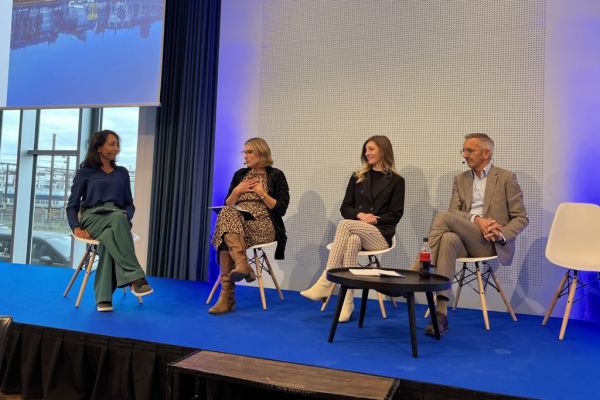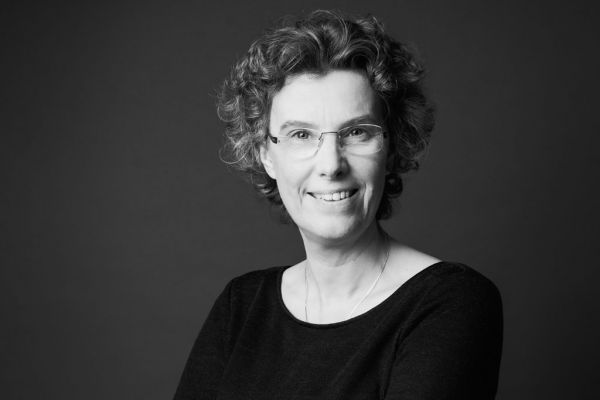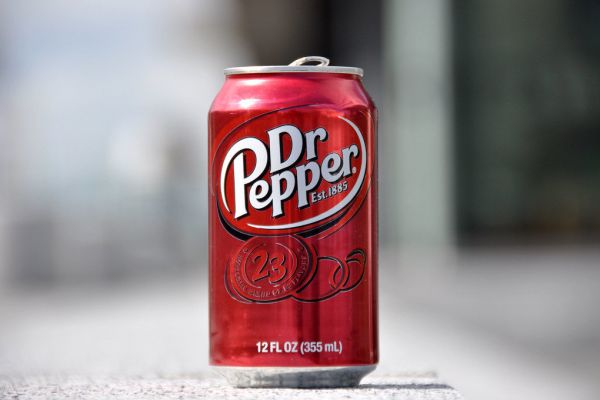The importance of "being bold" and "convincing others" was the opening topic of conversation on the final day of The Consumer Goods Forum Sustainable Retail Summit, which is taking place in Copenhagen this week, as Nathalie Roos, chief executive of Lipton Teas & Infusions outlined the importance of trust and sincerity in leadership.
As she pointed out, the tea company is on a mission to ensure all stakeholders, including those working on tea plantations, to gain from the company's value creation, which may require a rethink of the tea category.
"How can you make a difference for tea plantations if you sell a bag for 1.6 cent?" she asked, suggesting that retailer obsession with keeping prices low isn't compatible with maintaining a sustainable supply chain.
Reinventing Consumption
Next up in the morning session Accenture Song's Mark Curtis delivered a sobering appraisal of the role that consumption plays in influencing sustainability, and calling for an "alignment to reinvent consumption" by changing the narrative that businesses have with consumers.
"We need to stop asking 'how do we make humans more sustainable?' We need to ask 'how do we make sustainability more human?'," he suggested, noting that sustainability needs to be framed in a way that affects consumers' everyday lives.
Curtis then led a panel discussion, which also featured The Consumer Goods Forum's Sharon Bligh, Grant Sprick, VP climate and environment, Ahold Delhaize, and Facundo Etchebehere, senior vice-president for sustainability strategy and partnerships, Danone, on how to empower sustainable transformation.
As Sprick suggested, when thinking about net zero deadlines such as 2050, we need to "work backwards", thinking about the "incremental changes we can make year after year", rather than projecting forward and planning for an unwritten future.
Etchebehere echoed this sentiment, saying that firms needed to "step away from business as usual" and reinvent both themselves and their categories. Achieving net zero isn't about "binary discussions", he added, it's about reconnecting, gaining perspective, and fostering "collaboration to create value with concrete actions".
Promoting consumer-focused health and sustainability in Latin America was the topic of the next session, which featured Grupo Bimbo's Alejandra Vázquez and Grupo Éxito's Claudia Campillo Velazquez, before it was on to a discussion about human rights due diligence (HRDD), which welcomed Oxfam's Helen Ripmeester and Paul Lalli of The Coca-Cola Company, as well as The Consumer Goods Forum's Maria Isabel Cubides Sanchez.
Challenged on whether audits and assessments can truly tell the full picture as to the human rights structure within supply chains at firms such as Coca-Cola, Lalli noted that "audits are still an effective tool but they cannot be considered the only tool – they are snapshots, not movies."
"We need to hear the things that make us uncomfortable, that's how we do better," added Sanchez.
Breakout Sessions
A number of breakout sessions then followed, including discussions on 'Digital Solutions To Drive Preventative Health' with representatives from Kearney and Haleon; 'Renewables: Integrating Human Rights into the Green Transition', featuring representatives from the Danish Institute for Human Rights; and 'Who Owns ESG? Aligning KPIs with Business Strategy & a Long-Term Vision', which featured Żabka Group, Nestlé and Norges Bank Investment Management.
At the Kearney/Haleon session, Vicky Edmonds, social impact director at Haleon, underlined how brands and digital data are collaborating to protect human health.
"We need to go back to basics on how we are communicating around health, to help people understand their choices," she noted. "Then we can talk about changing consumer behaviour."
Elsewhere, at a session ESM attended on the topic of instilling trust in sustainability in global supply chains, Jessica Meisinger, global sustainability lead, MSD Animal Health and Elles de Jonge, manager quality and sustainability, EMD AG, were joined by Reuben Levy of R.F. Levy Corporate Responsibility and Yogendra Chaudry of ECO Canada to discuss the benefits of The Consumer Goods Forum's Sustainable Supply Chain Initiative (SSCI).
As de Jonge explained, the SSCI has been essential in achieving "alignment" and "harmonisation" on supply chain standards between retailers and consumer goods manufacturers, with time traditionally spent on administrative matters now focused on achieving supply chain integrity.
"The SSCI isn't just 'one more thing to do'," Meisinger said of the advantages offered by the scheme. "It can take a lot off your plate."
Circular Economy
On to the final afternoon session, then, and following a Circular Economy Workshop hosted by TerraCycle, which explored the barriers and opportunities businesses face in incorporating sustainability and circular design into their business, it was time for a panel discussion on regenerating nature within the circular economy, which featured the Ellen MacArthur Foundation's Reneira O'Donnell, Christina Lampert of HowGood , Wouter Vermuelen of The Coca-Cola Company and Marija Rompani of the John Lewis Partnership.
As O'Donnell explained, integrating a circular economy mindset into packaging shouldn't be rocket science – "We designed the system in the first place, so it stands to reason hat we could redesign it" – and indeed the Foundation is seeking to lead the way on this with its Big Food Redesign Challenge, the results of which are set to be revealed soon.
According to Vermuelen, in order to consider the move to a circular economy, businesses need to install a "can do" attitude, pointing to progress and innovation rather than potential obstacles. "We can't redesign the food industry with individual actions, we need collective effort," added Rompani.
Overcoming The Hurdles
The final word of the Summit went to François Gemenne, a political scientist and researcher, and a co-author of the annual IPCC report on climate change. As he noted, the fight to limit climate change will face plenty of hurdles in the future, as the results of actions today will not be visible in our lifetimes.
It is therefore "crucial" to show that positive climate action is in people's best interest, he argued, adding that the long-term objectives – 2030, 2050 etc – are only serving to delay action that is much needed today.
"A company that doesn't become sustainable today, will not be profitable tomorrow, he explained.
And so The Consumer Goods Forum's activities wrap up for the year, with all eyes now on the GFSI Conference, taking place next April in Singapore, and the Global Summit in Chicago next June. As they say here in Copenhagen, "farvel!"
Read More: The Consumer Goods Forum Sustainable Retail Summit Review: Thursday














